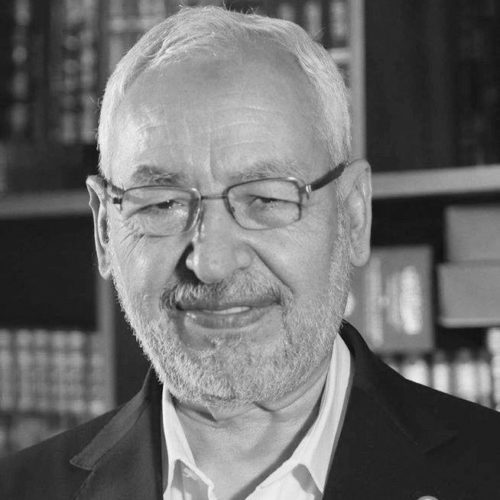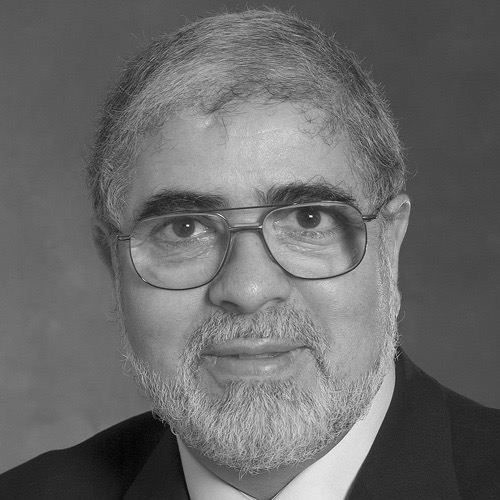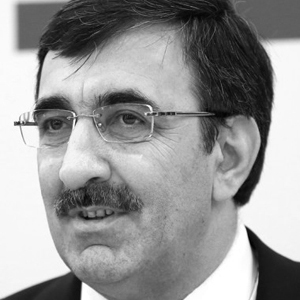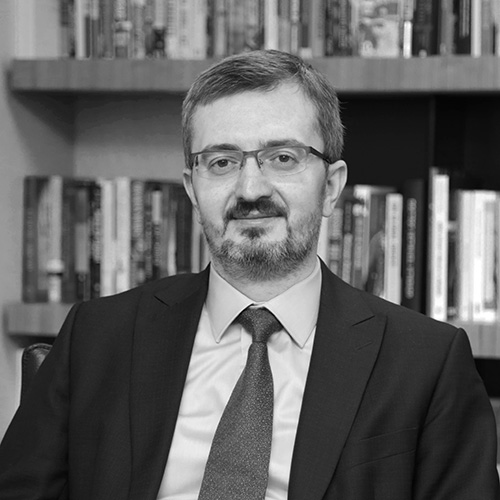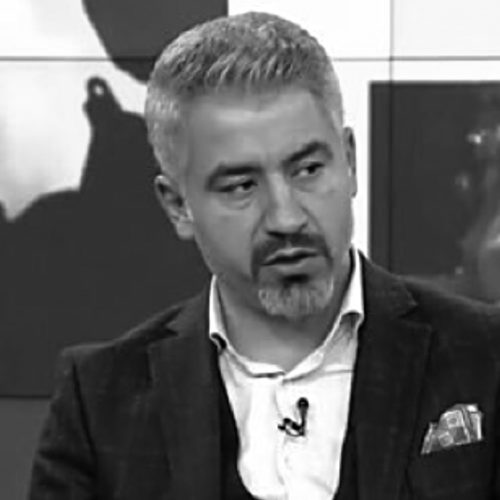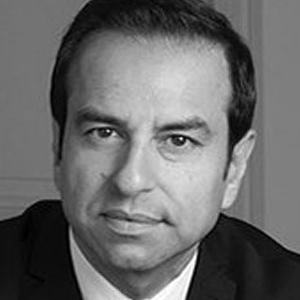Various political events and conflicts over the last several years have underscored the dynamic nature of regional geopolitics in the Middle East. Framed in the context of an increasingly volatile rivalry between Iran and Saudi Arabia, from the ongoing wars in Syria and Yemen, the situation in Palestine and the political deadlock in Lebanon, to the blockade on Qatar and the re-entrenchment of authoritarianism in Egypt, conventional understandings of the political dynamics and traditional alliances in the region have consistently been undermined. In the midst of all of these regional conflicts, the states in the Middle East also face the potential of regional aftershocks resulting from shifts at the international level. All too often however, the view of the region is dominated by voices from the outside, neglecting the perspectives of the various regional actors themselves. This session will engage with notable voices from the region in order to analyse their perspectives and suggested solutions for the various predicaments facing the Middle East.
Discussion Themes
This session intends to discuss the following:
• What are the main drivers behind these shifts? Do they emerge primarily from political expediency or do they reflect deeper issues of long-term political vision and political survival?
• Are we witnessing the emergence of a fundamentally new paradigm in the region, or are the shifts of recent years reflections of geopolitical anomalies?
• Can regional forces in the Middle East produce a blueprint for peace and stability in their own region?
• How does the Middle East see and understand shifts in the international order and emerging great power rivalries?
• What is the nature of the relationship between these shifts and the international geopolitical dynamic?
